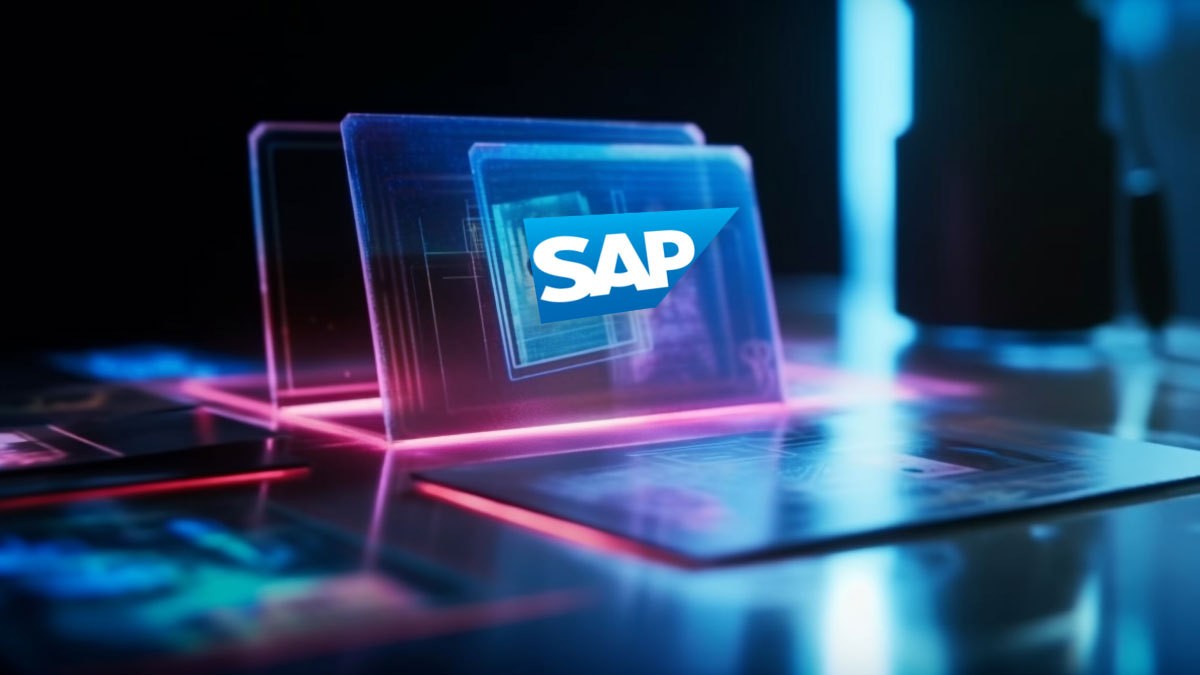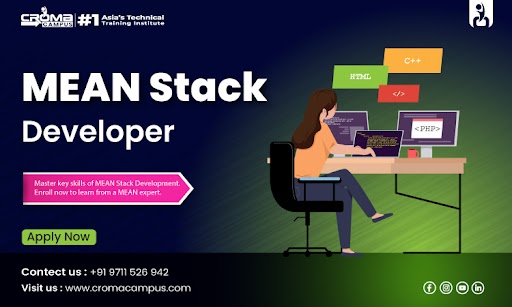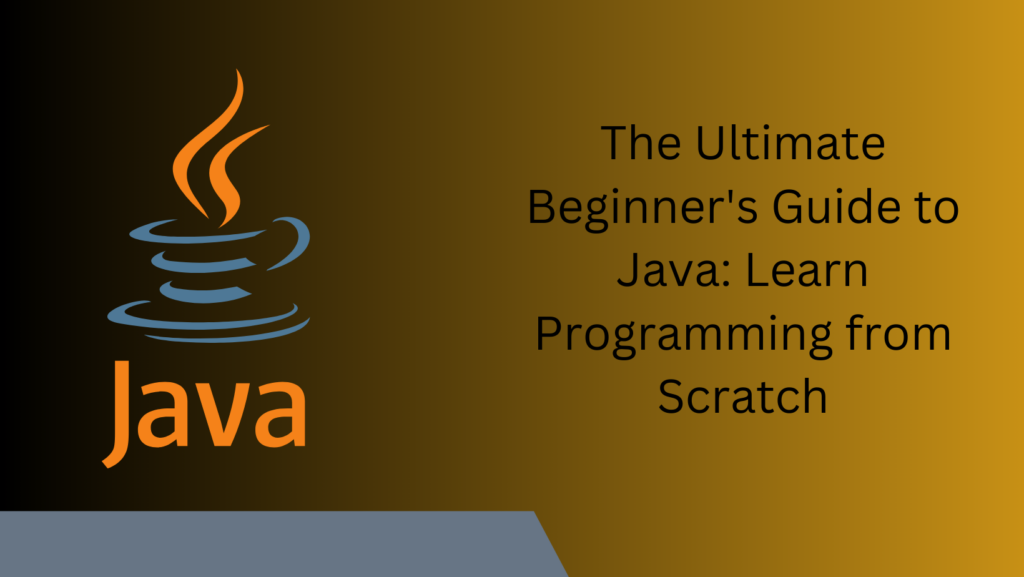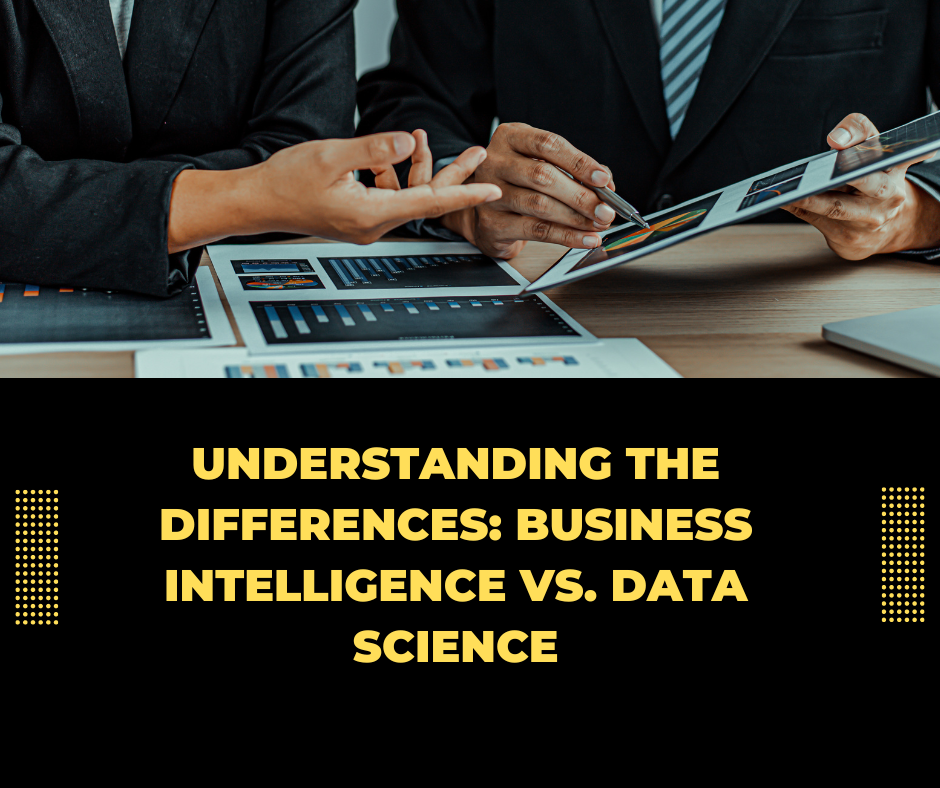Introduction
SAP CRM (Customer Relationship Management) and SAP ERP (Enterprise Resource Planning) are two pivotal components of the SAP suite, each serving unique yet complementary roles in business operations. While SAP CRM focuses on managing and enhancing customer interactions and relationships, SAP ERP integrates core business processes across departments to improve efficiency and effectiveness. Aspiring SAP professionals can join the Courses on SAP to develop their professionals’ skills.
Understanding their differences and functionalities is crucial for leveraging their full potential within an organization.
Difference Between SAP CRM And SAP ERP
SAP CRM (Customer Relationship Management) and SAP ERP (Enterprise Resource Planning) are two distinct but complementary systems within the SAP suite. Both systems aim to streamline and optimize business processes, yet they focus on different aspects of a business’s operations.
Here is an in-depth comparison of SAP CRM and SAP ERP, highlighting their primary differences and functionalities.
Core Focus and Purpose
SAP CRM:
· Customer-Centric: SAP CRM is designed to manage and improve a company’s interactions with current and potential customers. It focuses on sales, service, and marketing processes.
· Customer Relationships: Its primary goal is to enhance customer satisfaction and loyalty by providing tools for managing customer data, tracking customer interactions, and delivering personalized services.
· Modules: SAP CRM includes modules for Sales Force Automation, Marketing, Service, and Interaction Center, among others.
SAP ERP:
· Enterprise-Centric: SAP ERP, on the other hand, is a comprehensive system that integrates core business processes across various departments within an organization. It covers a wide range of business functions.
· Operational Efficiency: Its main objective is to improve the efficiency and effectiveness of business processes by providing a unified system for finance, human resources, supply chain management, production planning, and more.
· Modules: SAP ERP encompasses modules such as Financial Accounting (FI), Controlling (CO), Material Management (MM), Human Resources (HR), and Sales and Distribution (SD).
Functional Scope
SAP CRM:
· Sales Management: It offers tools for managing the sales pipeline, tracking opportunities, and automating sales processes.
· Marketing Campaigns: Businesses can create and manage targeted marketing campaigns, segment customers, and analyse campaign performance. The SAP Certification Cost is nominal and provides the best training for aspiring professionals.
· Customer Service: SAP CRM helps in managing customer service requests, field service operations, and service contracts, ensuring efficient service delivery.
· Customer Interaction: It provides a centralized platform for managing customer interactions across multiple channels such as email, phone, and social media.
SAP ERP:
· Financial Management: SAP ERP provides comprehensive financial management capabilities, including general ledger, accounts payable, accounts receivable, and asset management.
· Supply Chain Management: It offers tools for managing procurement, inventory, and logistics, ensuring smooth supply chain operations.
· Human Capital Management: The HR module manages employee records, payroll, recruitment, performance management, and compliance.
· Manufacturing and Production: SAP ERP supports production planning, quality management, and maintenance, facilitating efficient manufacturing processes.
Integration and Data Flow
SAP CRM:
· Focused Integration: While SAP CRM can function as a standalone system, it is often integrated with SAP ERP to provide a seamless flow of information between customer-facing and back-end processes.
· Customer Data: Integration ensures that customer data captured in SAP CRM can be utilized for order processing, invoicing, and delivery in SAP ERP, providing a holistic view of the customer lifecycle.
SAP ERP:
· Centralized Data: SAP ERP serves as the central repository for all critical business data, ensuring that information flows smoothly between different modules and departments.
· Cross-Functional Integration: The integration between various modules in SAP ERP ensures that operations such as order processing, production planning, and financial accounting are tightly coordinated.
User Roles and Interfaces
SAP CRM:
· Sales and Marketing Teams: Primarily used by sales, marketing, and customer service teams who require tools for customer engagement and relationship management.
· User Interfaces: SAP CRM offers user-friendly interfaces tailored to the needs of customer-facing roles, including mobile access for sales representatives on the go.
SAP ERP:
· Broad User Base: Used by a wide range of employees across different departments such as finance, HR, procurement, production, and logistics.
· Comprehensive Interfaces: The interfaces are designed to support a wide range of business processes, with role-specific dashboards and analytics. One can check various Courses on SAP for more information.
Reporting and Analytics
SAP CRM:
· Customer Insights: Focuses on providing insights into customer behavior, sales performance, and marketing effectiveness. It offers advanced analytics and reporting tools to help businesses understand and anticipate customer needs.
· Campaign Analysis: Enables detailed analysis of marketing campaigns, including return on investment (ROI) and customer response rates.
SAP ERP:
· Operational Reporting: Provides robust reporting and analytics capabilities for operational data, including financial reports, supply chain analytics, and workforce metrics.
· Comprehensive BI: SAP ERP often integrates with SAP Business Intelligence (BI) tools to offer comprehensive analytics across all business functions.
Implementation and Customization
SAP CRM:
· Flexible Deployment: Can be deployed on-premises or in the cloud, offering flexibility in terms of implementation.
· Customization: SAP CRM allows for extensive customization to meet specific business needs, particularly in customer-facing processes.
SAP ERP:
· Extensive Implementation: Implementation of SAP ERP is generally more extensive due to its broad functional scope and the need to integrate multiple business processes.
· Customization: While highly customizable, changes to SAP ERP require careful planning and consideration due to the potential impact on integrated processes.
Conclusion
SAP CRM and SAP ERP serve distinct but complementary roles within an organization. SAP CRM focuses on enhancing customer relationships and driving sales and marketing effectiveness, while SAP ERP aims to optimize and integrate core business processes across the entire organization. Aspiring SAP professionals can check the SAP Certification Cost and join a training institute for the best skill development. Together, they provide a comprehensive solution for managing both customer-facing activities and internal operations, enabling businesses to achieve greater efficiency, customer satisfaction, and overall performance.




